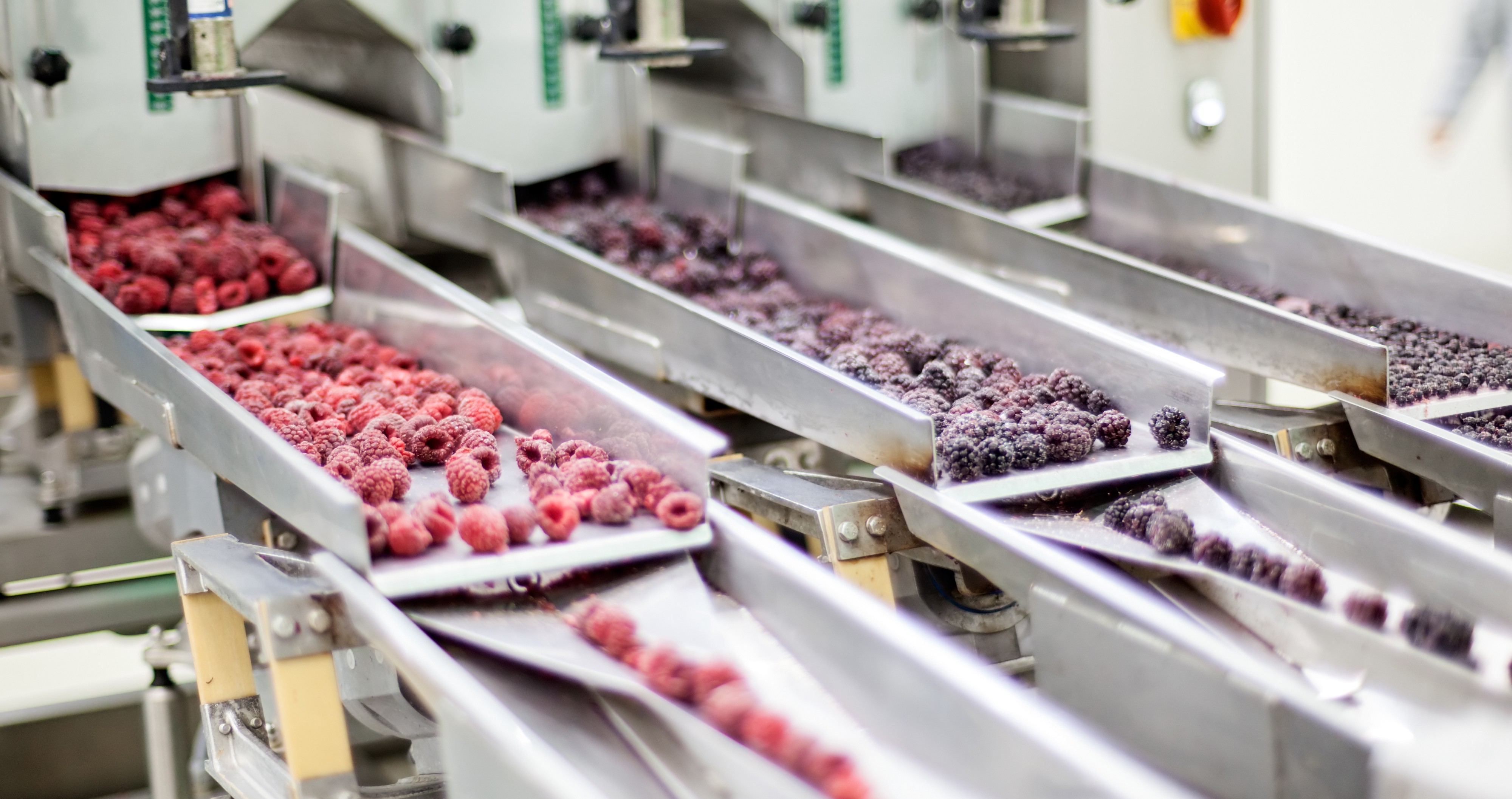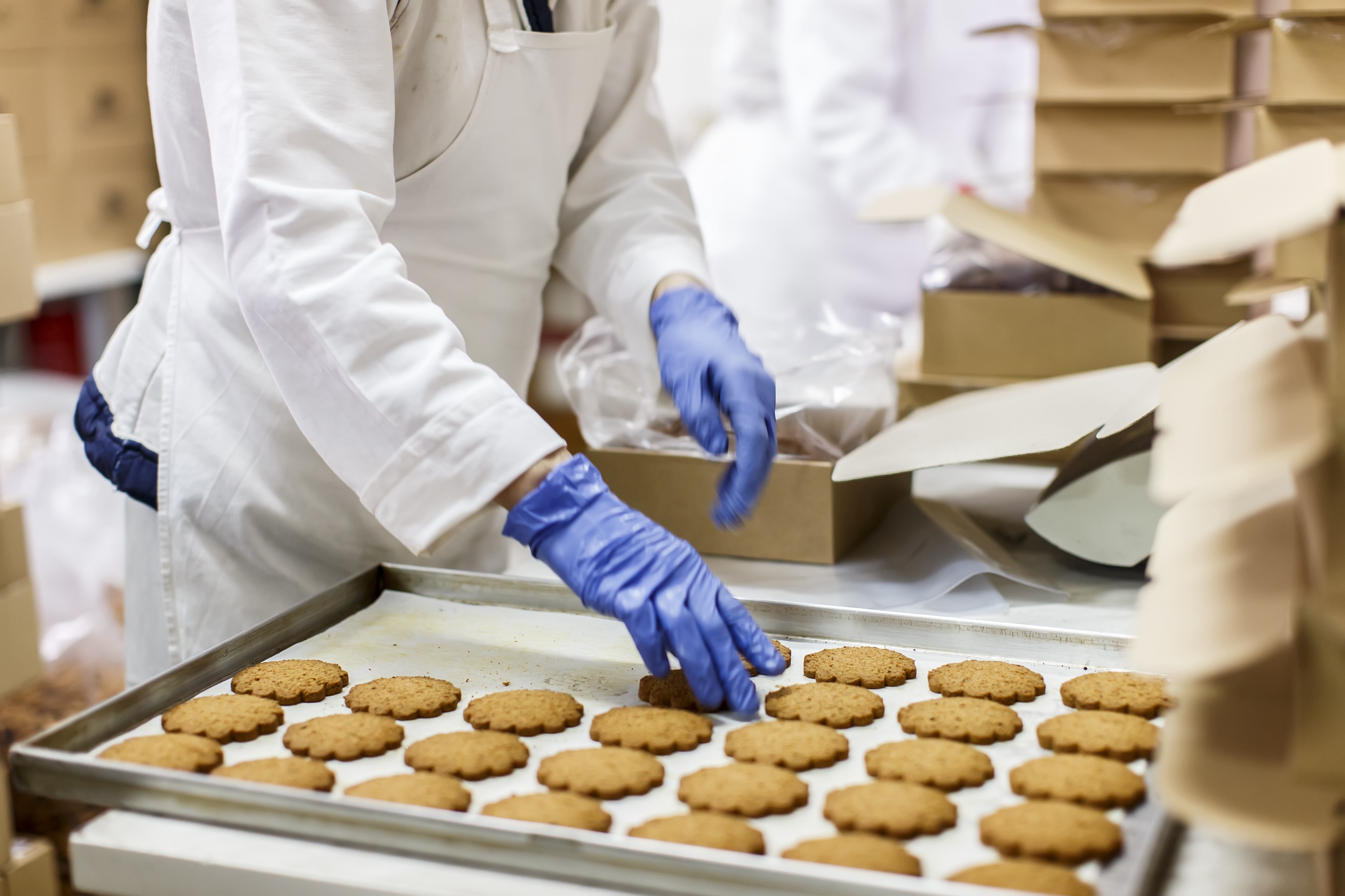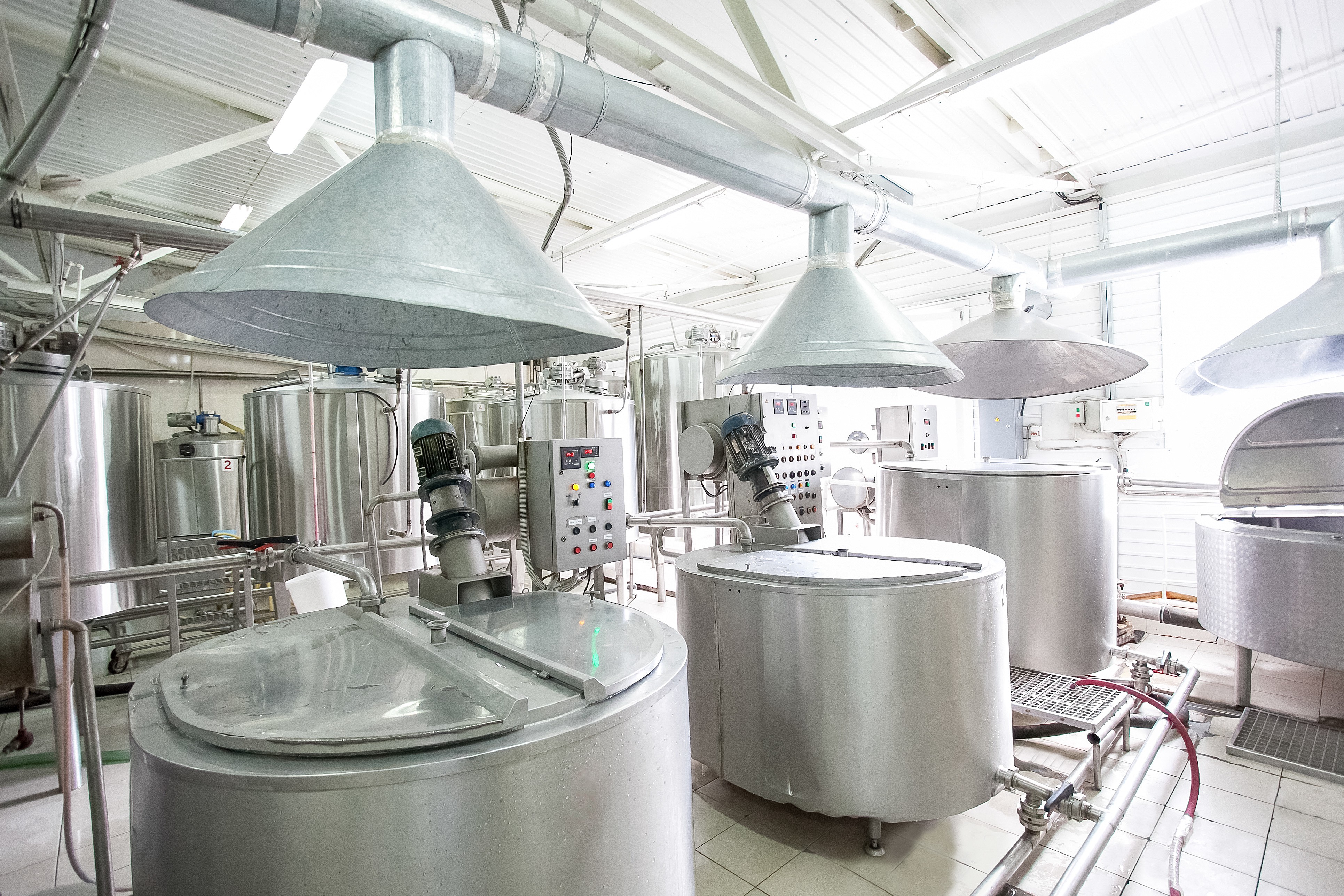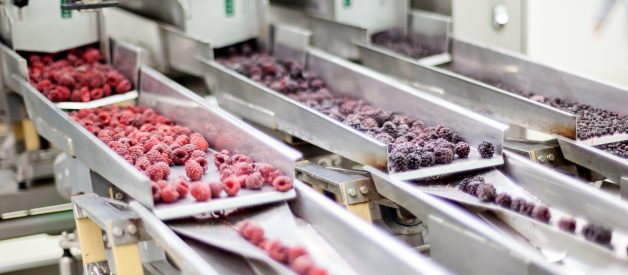 Adobe Stock/vladimirnenezic ? stock.adobe.com
Adobe Stock/vladimirnenezic ? stock.adobe.com
Running a small food business can be a highly rewarding job. Whether it is crafting your recipe in the kitchen, designing the perfect eye-catching labels for the packaging, or delivering the finished product to stores, running an artisan food business is a labor of love.
Yet all the time that goes into creating the perfect product can really add up, leaving you with no time to focus on branding and growing your business. If this answer is the case, you may be ready to take your food business to the next level with a co-packer. But what exactly is a co-packer, and is working with one the right decision for you?
What is a co-packer?
A co-packer, or a contract packer, is a company that manufactures and packages a certain product for a client. For small businesses, outsourcing their manufacturing to a co-packer allows them to scale-up and meet growing demand, without having to invest in their own industrial setting. This can be a game changer for food businesses. Often, small teams are spread thin with production alone and don?t have any time to focus on the main driver for their business ? sales.
By offering their expertise and resources, co-packers help small businesses free up their time, letting them shift their focus to marketing and growing their brand.
How do you know you?re ready for a co-packer?
In order to determine if your food business is ready for a co-packer, there are a few obstacles you will need to consider.
1. Your recipe is scalable
After replicating your recipe for the hundredth time, chances are you can do it with your eyes closed. Yet unlike manufacturing your product in the flexible setting of a home or commercial kitchen, industrial mass production requires extremely detailed recipes with no ambiguous factors. Differences in processes, machinery, and ingredients themselves can have a huge impact on the final product.
Before you begin the search for a co-packer, you will need to make sure your recipe is both precise and large enough to fulfill the co-packer?s minimum. This will help to eliminate any confusion during the manufacturing process. Here are some key things to keep in mind when optimizing your recipe:
Ingredient weights
Providing the precise weight of each ingredient ensures that your product comes out perfectly every time. This precision creates a hassle-free way to scale up the recipe no matter the size of the production run.
For example, if you own a business that manufactures chocolate chip cookies, chances are your recipe calls for the measurements in cups or tablespoons. But these measurements can be interpreted differently depending on who is making the recipe. Are the tablespoons rounded? Is the sugar packed into the measuring cup? Even a cup of chocolate chips will contain different amounts from one batch to another. By recording your measurements precisely in weights, you ensure that all batches will result in uniform cookies, no matter who is in charge of manufacturing.
Times and temperatures
Manufacturing on a large scale means there is no room for variables. While time and temperature ranges may work for smaller batches, exact measurements are needed when dealing with industrial kitchens and multiple employees.
 Freshly baked cookies ready for packaging. Adobe Stock/Boggy ? stock.adobe.com
Freshly baked cookies ready for packaging. Adobe Stock/Boggy ? stock.adobe.com
2. You project enough demand
Determining the projected demand for your product plays a huge role in deciding if you are ready to start working with a co-packer. Even the smallest co-packers can require a minimum volume of hundreds, or even thousands, of units needed to begin a production run. If the current demand is not high enough to meet this minimum, you may be looking at an investment greater than your business can handle.
When determining how your current demand stacks up against the co-packer?s minimums, consider the following factors:
Projected demand
Demand is highly susceptible to change. Whether it is from gaining new store placements or an upcoming holiday rush, your future demand may be entirely different than it currently is. Understanding how these demands may change will let you determine if the co-packer?s minimum is reasonable for your current business.
Shelf life
Even if the demand is not currently that high, meeting the minimum may be a viable option if your product has a long enough shelf life. For example, imagine you are working with a co-packer who requires a minimum of 1,500 units per run. If your product has a shelf life of one year and the projected demand is 400 units a month, one production run would produce enough units to satisfy nearly four months worth of demand.
If your product has an extremely stable shelf-life, it may be worth investing in a single run to see how quickly your product will sell through. Do note that there are additional costs associated with this? like storage!
3. You have enough capital
If your recipe is ready and your product has a high enough demand, it may seem like the perfect time to start the search for a co-packer. But keep in mind, working with a co-packer is a big financial investment.
Utilizing the bulk-manufacturing capabilities of a co-packer results in a lower cost per manufactured unit. But there are other costs associated with co-packing you will need to consider, beyond just the actual production.
Ingredients and packaging
Depending on your preference, you may choose to provide your own ingredients and packaging or have the co-packer source them for you. Each of these options comes with their own costs.
Some co-packers also provide the option of producing the product, and returning it to you for the final packaging. While this may reduce the costs of a production run, it may not always be the best option for your product.
If you own a salsa business, having the bulk finished product shipped to you to package it yourself may not be too much of a hassle. However, if your product is tortilla chips, getting these products safely shipped to you without resulting in any damage to the product is more of a challenge, especially if they are being shipped in large quantities.
Maintaining the integrity of your products is important when weighing the benefits of packaging yourself, or having the co-packer do if for you.
Research and development
More and more co-packers are providing R&D as a service. If your recipe needs a little work before it is ready to mass, or you require preservatives in order to make your product shelf-stable, these costs can add up.
Storage
Many co-packers are willing to store your finished product for an additional charge. Before utilizing their storage facilities, you may want to investigate if you have the space and capabilities to store the product yourself. Remember though, there will still be shipping charges!
 Milk being processed at a plant. Adobe Stock/279photo ? stock.adobe.com
Milk being processed at a plant. Adobe Stock/279photo ? stock.adobe.com
Manufacturing the product yourself allows you to immediately reinvest the profits back into the business. Scaling up your business with a co-packer, however, means paying thousands of dollars up front just to start one production run. If this initial investment puts afinancial strain on your business, waiting until you have more capital may be a good idea.
Remember, when taking on new clients co-packers often choose businesses to partner with that have promising growth potential and enough capital to fund multiple production runs.
4. You understand the implications of co-packing
Even if you are not ready to make a commitment to a co-packer, familiarizing yourself with how they work over time will mean you are ready when the time comes. Different co-packers may offer different services, each with their own costs. Knowing exactly what you are looking for will give you an indication of how close you might be to working with a co-packer.
Talking to fellow food business owners about their experiences with co-packers can prove extremely beneficial in judging your readiness for a co-packer.
What?s next?
Sometimes, co-packers can really help your business. Other times, if you?re a true artisan, you might be the only one who can put that authenticity and integrity into the product. And that?s ok too! Understanding your business and goals will help you determine if working with a co-packer is the right choice for you.
Working with Pod Foods allows brands to scale up their business in retail while focusing on production if needed.
To learn more about how Pod Foods can help your food business grow, visit podfoods.co.


